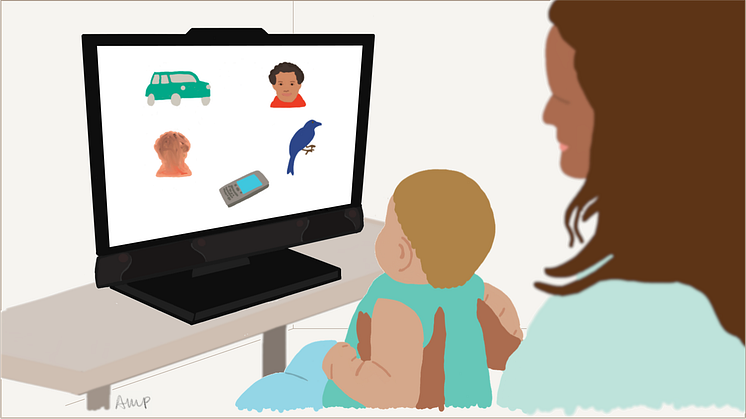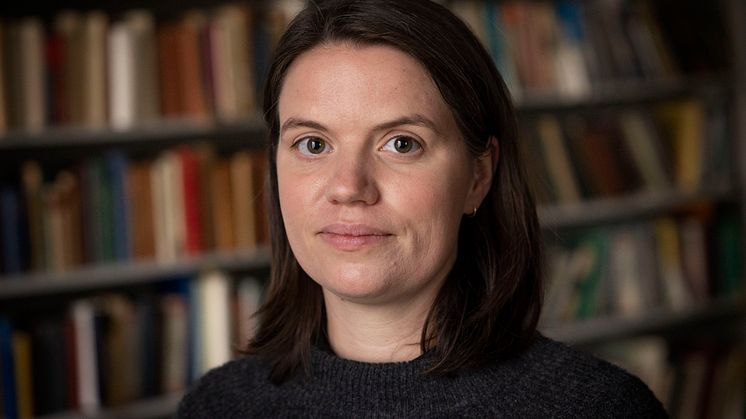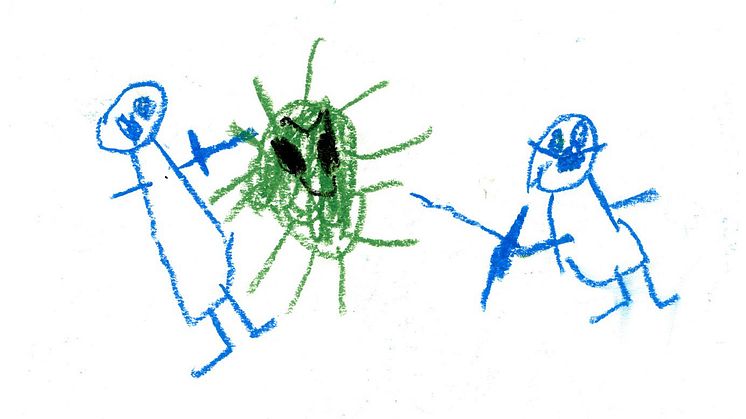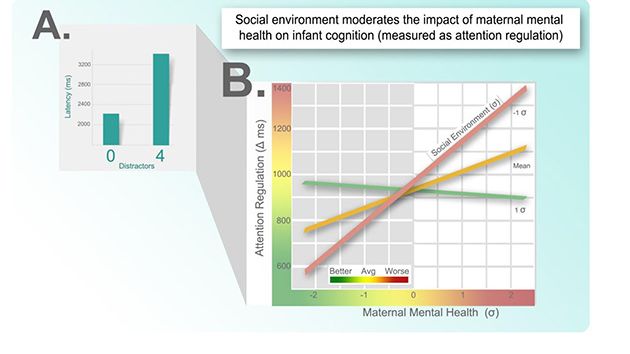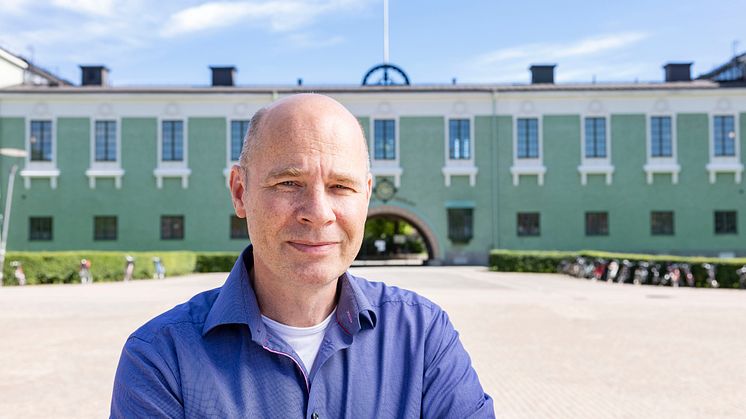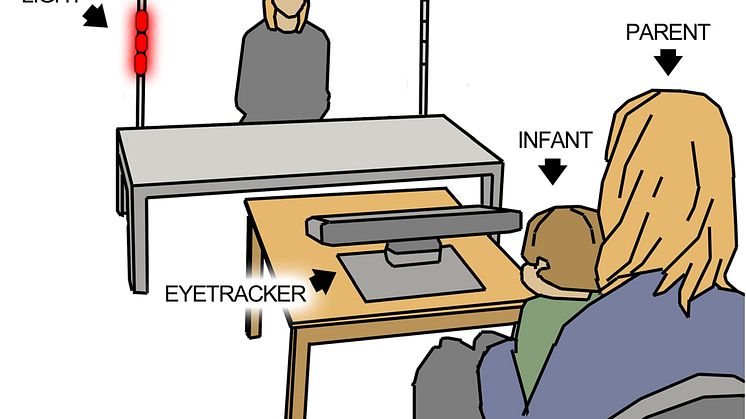Important to involve both parents in breastfeeding
The most important support person for women to succeed in their ambition to breastfeed is the new mother’s partner. The partner also needs to be included through more support from healthcare professionals. For single mothers, alternative solutions must be found. “Single people are a vulnerable group and need other types of support," explains researcher Ingrid Blixt.
